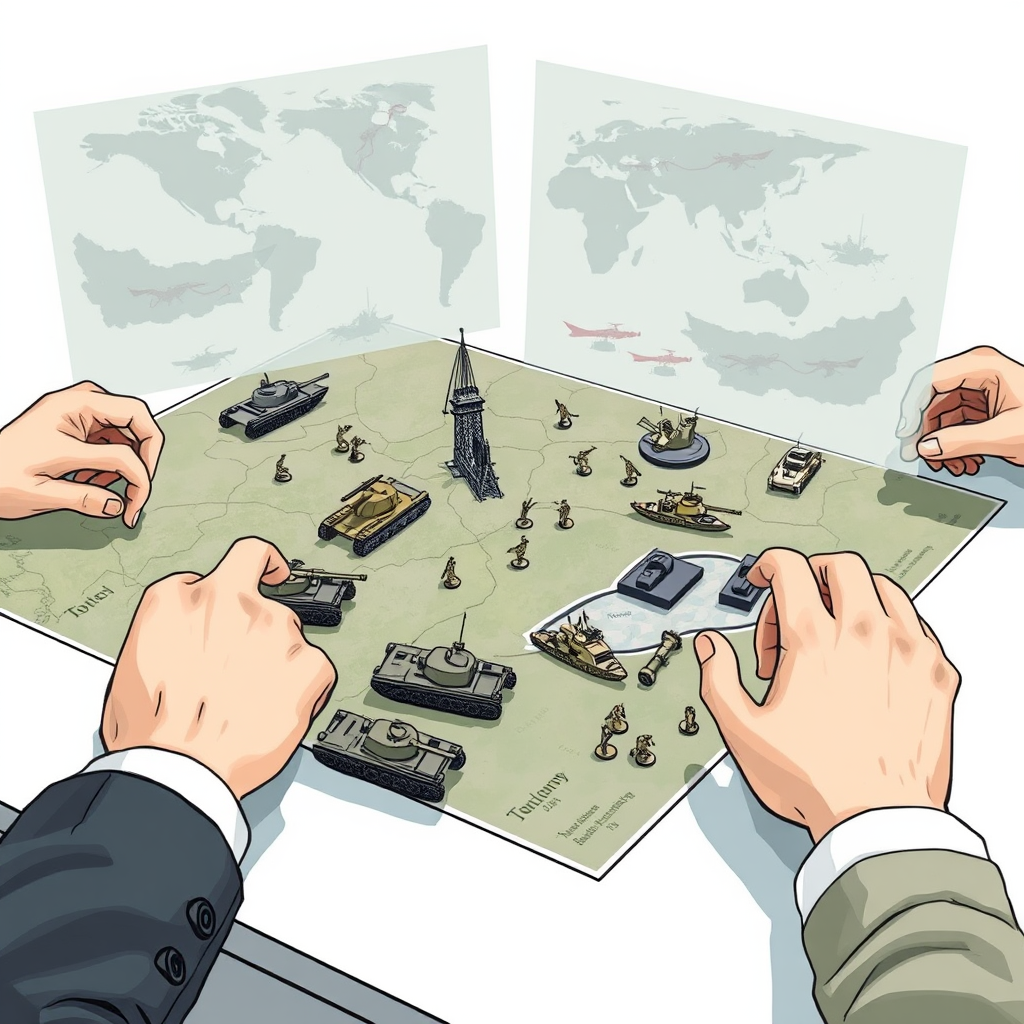Do War Games Actually Stop Real Wars

Despite their surprisingly low-tech nature – often involving maps, counters, and a healthy dose of imagination – tabletop war games are gaining traction as a valuable tool for understanding potential real-world conflicts. As global instability rises, so too does the demand for these exercises, even among national security professionals with access to highly classified intelligence. These aren’t simply academic exercises; they offer a crucial, and often surprisingly insightful, method for stress-testing assumptions and identifying potential flashpoints before they escalate. Observing a recent war game simulation underscored their power – the ability to model complex scenarios and force participants to confront difficult choices in a relatively safe environment is invaluable. While no simulation can perfectly predict the chaos of war, these exercises provide a vital space for critical thinking and potentially, a pathway to de-escalation. The increasing reliance on these methods suggests a growing recognition that understanding an adversary’s potential moves – and your own reactions – is paramount in a world fraught with uncertainty.